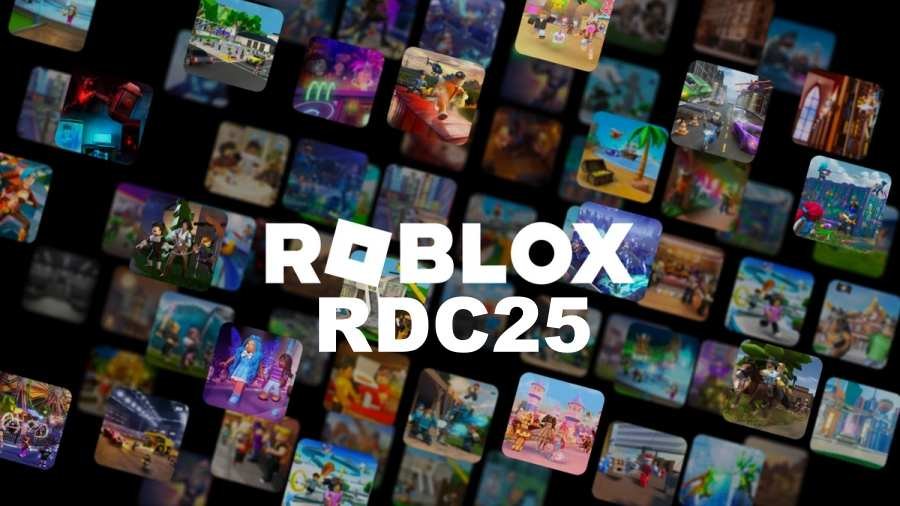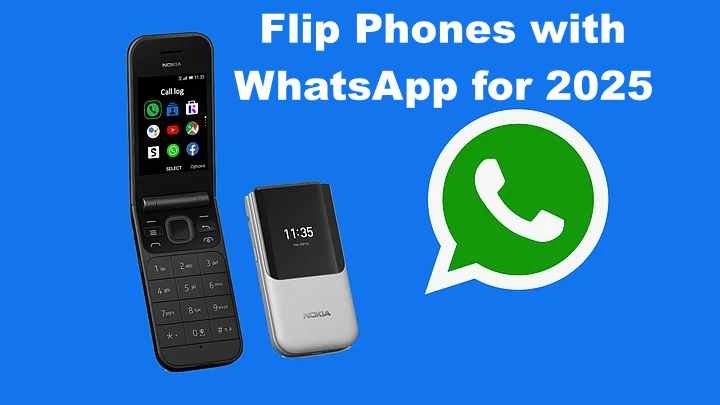June 17, 2025 - Messaging giant WhatsApp, long the bastion of free and ad-free communication, is finally pulling back the curtain on its ambitious new monetization strategy. In a move that is set to significantly revamp the user experience and open up huge new revenue sources for parent company Meta, WhatsApp is officially launching paid subscriptions for its popular Channels feature and introducing ads directly in status updates.
For years, users have been enjoying WhatsApp without any commercial interruptions, a stark contrast to Meta's other social media giants, Facebook and Instagram. However, with over 2 billion active users globally and 1.5 billion daily interactions on the "Updates" tab (which houses both statuses and channels), the pressure to monetize from this massive audience is mounting.
Paid channels: A new frontier for creators and businesses
The introduction of paid memberships for channels is a significant step towards enabling creators, businesses and organisations to directly monetise their content and engagement on the platform. Much like Patreon or Substack, WhatsApp channel admins will now have the option to charge a monthly fee for access to exclusive content, premium updates and potentially better interactions within their channel.
The move is expected to empower a new wave of content creators and businesses to build sustainable revenue models directly within the app, fostering a rich ecosystem of exclusive content and direct fan support. WhatsApp has also confirmed that, at least for the first year, it will not take commissions on these memberships, which is aimed at encouraging early adoption and growth.
Status ads: Where brand meets daily life
Perhaps the more noticeable change for the average user will be the arrival of ads within status updates. These full-screen ads will appear between updates from friends and followed channels, mirroring ad formats seen on Instagram and Facebook Stories.
WhatsApp emphasizes that these ads will be "privacy-focused," using limited user data such as country, language, followed channels, and ad interaction history. Importantly, Meta reiterates that individual chats, group messages, and calls will remain end-to-end encrypted and completely ad-free, with no personal message data used for ad targeting. The company also assures users that phone numbers will never be shared with advertisers.
Mark Zuckerberg Announcement on WhatsApp Monetization
More than 1.5 billion people visit the Updates tab on WhatsApp daily. We're starting to experiment with two new things in this tab: subscriptions for channels and ads in status. These tools give people and businesses more ways to connect on WhatsApp that are separate from your personal chats. Your personal messages will continue to be encrypted and won't be used to personalize these.
Why now? The evolution of WhatsApp's business model
Since being acquired by Facebook for $19 billion in 2014, WhatsApp has been slowly moving toward finding a sustainable revenue model. Initially, its monetization efforts focused on the WhatsApp Business API, which allowed enterprises to connect with customers through automated messages and customer support. The new initiative marks a pivot towards direct consumer-facing monetization, leveraging the app's massive reach and high engagement.
Industry analysts have long predicted such a move, identifying WhatsApp as a largely untapped financial resource for Meta. With billions of daily active users checking the updates tab, the potential for ad revenue and subscription income is enormous. This strategic shift aligns with Meta's broader efforts to diversify its revenue sources and take advantage of the growing conversational commerce trend.
User reception and road ahead
While Meta is careful to emphasize user privacy and separating ads from personal chats, the introduction of ads and paid features on a platform already known for an ad-free experience is likely to spark debate among its vast user base. The success of this monetization drive will largely depend on users adopting paid channels and their tolerance for ads in status updates.
As the rollout begins in phases over the coming months, the tech world will be watching closely to see how WhatsApp navigates this significant evolution in its business model, and whether this gamble pays off for Meta.




















